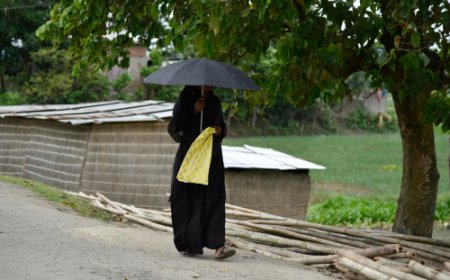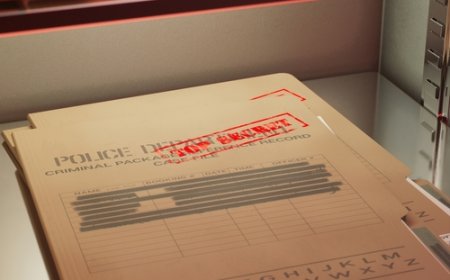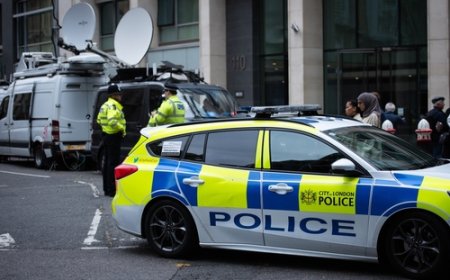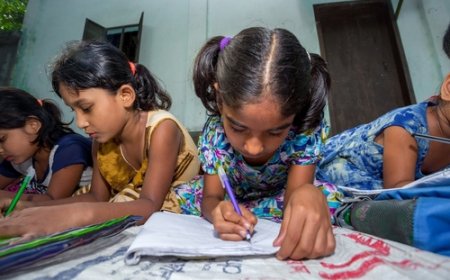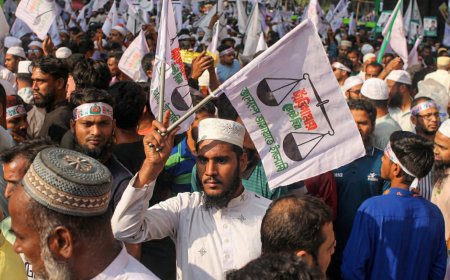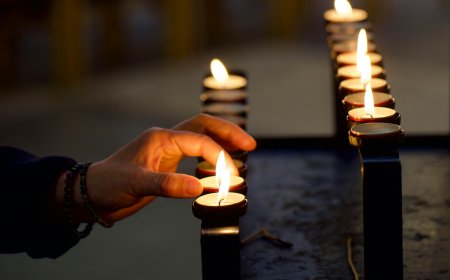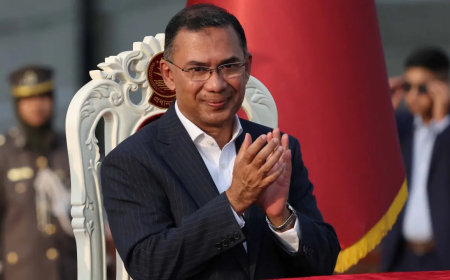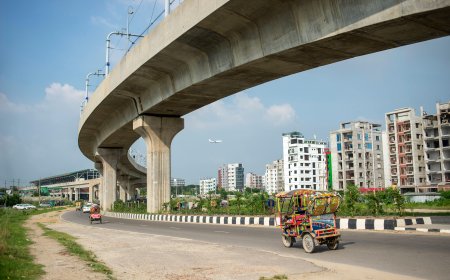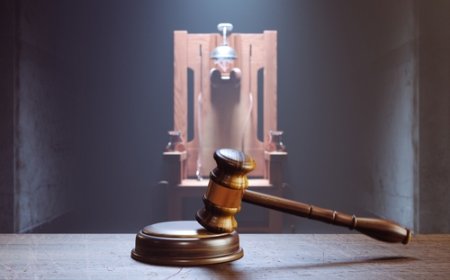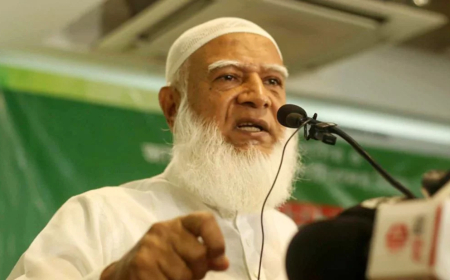The Trial of Sheikh Hasina: The Judgment and the Justice
The judgment of the Tribunal is therefore not only a sentence against one person; it is a declaration that no one, however powerful, stands above the law of the Republic. The arc of justice has finally bent toward Bangladesh.
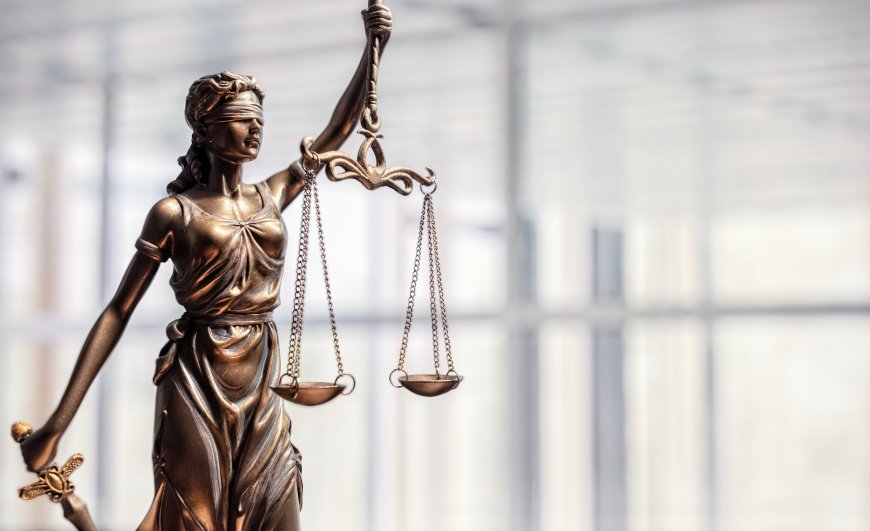
The International Crimes Tribunal’s judgment convicting former Prime Minister Sheikh Hasina for crimes against humanity committed during the July 2024 Mass Uprising is not merely a legal event -- it is a moral reckoning.
For the first time in Bangladesh’s history, the doctrine of superior command responsibility has pierced the veil of political impunity.
The judgment has articulated in judicial language what millions of Bangladeshis already knew in their hearts: that the violence unleashed last July was not accidental, not spontaneous, and not the excess of rogue officers. It was a state project of annihilation -- designed, ordered, and executed from the highest office of the land.
No episode in the history of this land, outside the Liberation War of 1971, has witnessed such scale of organized violence against unarmed civilians.
Between July 15 and August 5, 2024, more than a thousand lives were lost -- students, workers, children, and bystanders -- the highest number of casualties in our peacetime history. The state’s own forces became its executioners. Helicopters hovered over campuses, drones tracked fleeing protesters, and bullets rained down on streets that once symbolized youthful defiance.
The Tribunal’s meticulous documentation of these atrocities -- including the forensic reconstruction of Abu Sayed’s killing, the execution-style murders at Chankharpul, and the burning of protesters alive -- exposes the full horror of a regime that saw its citizens not as people, but as enemies.
This judgment must also be understood in the continuum of Hasina’s rule since 2009 -- a period that normalized the machinery of terror. Under her command, Bangladesh witnessed the institutionalization of enforced disappearance -- a practice unknown in our republic before her reign. Hundreds of opposition activists, students, journalists, and ordinary citizens vanished without a trace, their families condemned to perpetual mourning without closure.
Her death squad, the Rapid Action Battalion (RAB), became the emblem of her regime’s cruelty. Over 3,000 people were extra-judicially killed under the pretext of “crossfire.” Each death was a message: dissent will not be tolerated, accountability will not be entertained, and the state will decide who lives and who dies. These were not isolated incidents of security excesses; they were the deliberate design of a ruler who believed fear was the most effective instrument of governance.
Beyond the blood and the bullets, Hasina’s gravest crime was moral and institutional. She dismantled the architecture of democracy brick by brick -- turning the parliament into a private court, the judiciary into an extension of party office, the Election Commission into an election management bureau, and the media into a chorus of praise. The military, bureaucracy, and police became instruments of political loyalty rather than guardians of the Republic.
In her Bangladesh, institutions did not serve the people -- they served the person. The state was no longer a neutral guarantor of rights, but a personal empire built on the ruins of accountability. The very idea of a democratic state -- where power flows from consent and authority is bounded by law -- was reduced to mockery.
Today’s judgement therefore carries a meaning larger than its sentence. It marks the reawakening of a moral order long buried under the weight of fear and propaganda. Yet even in this moment of justice, we must resist the temptation of vengeance. The true victory lies not in punishment alone, but in reestablishing the rule of law that her regime so ruthlessly destroyed.
Accountability must now extend beyond the individual. It must confront the institutional complicity -- the generals who obeyed unlawful orders, the bureaucrats who falsified data, the judges who legitimized tyranny, and the party loyalists who cheered on repression. A republic cannot be rebuilt on selective memory.
Bangladesh stands today at a crossroads between retribution and renewal. The July Revolution was not only a collapse of dictatorship but also a rebirth of civic courage. The blood of the young has given the nation a second chance to define its destiny -- to replace a culture of impunity with a culture of justice, to rebuild institutions that serve citizens rather than rulers, and to ensure that power, in this land, can never again be absolute.
The crimes of 1971 were committed in the name of nationalism; the crimes of 2024 were committed in the name of stability and to protect the reign of one family over the interest of the people. Both were betrayals of humanity. Our task now is not to avenge either, but to ensure that neither can ever happen again.
The judgment of the Tribunal is therefore not only a sentence against one person; it is a declaration that no one, however powerful, stands above the law of the Republic.
The arc of justice has finally bent toward Bangladesh.
What's Your Reaction?













